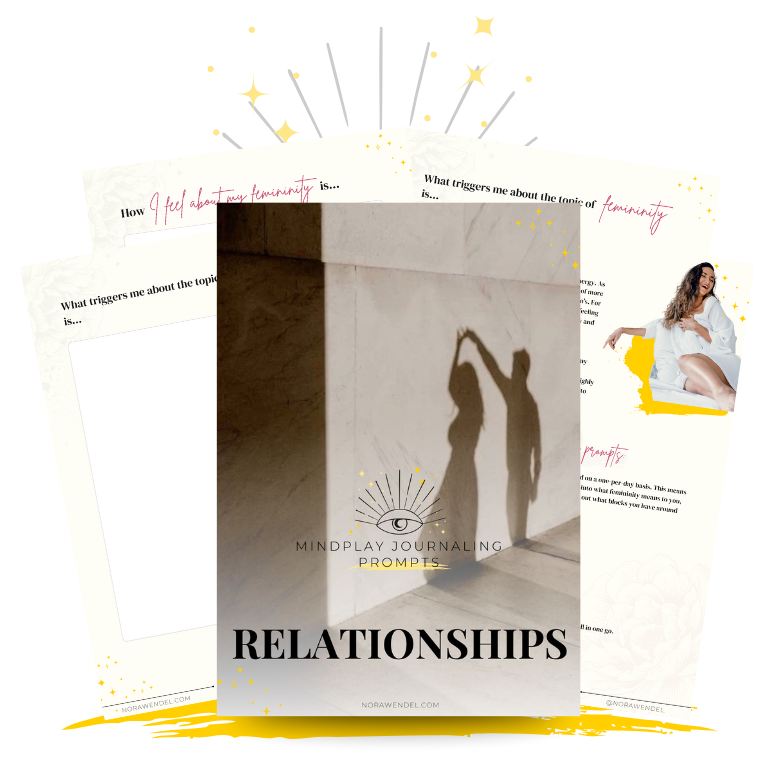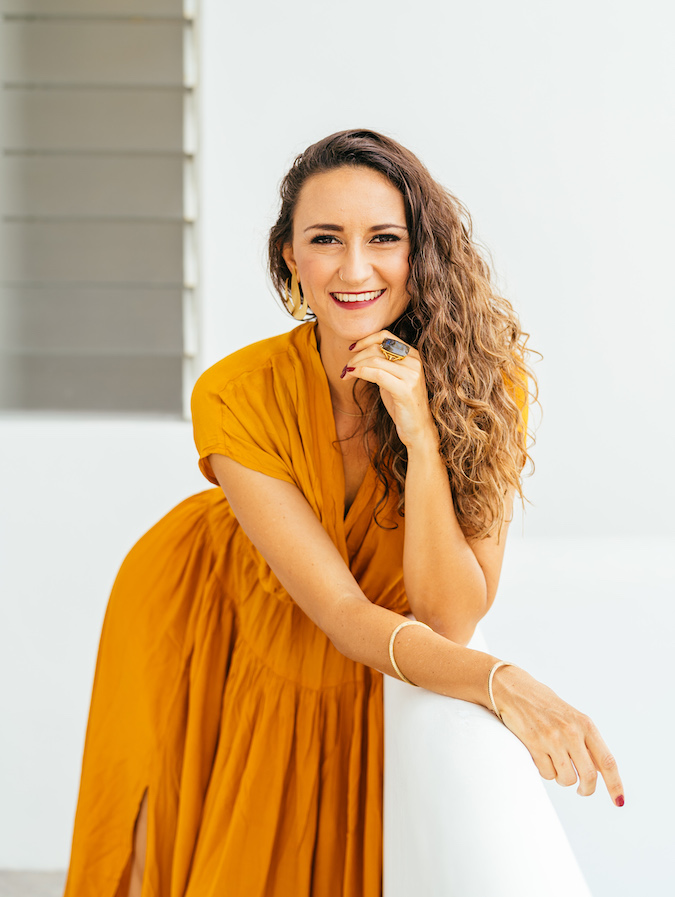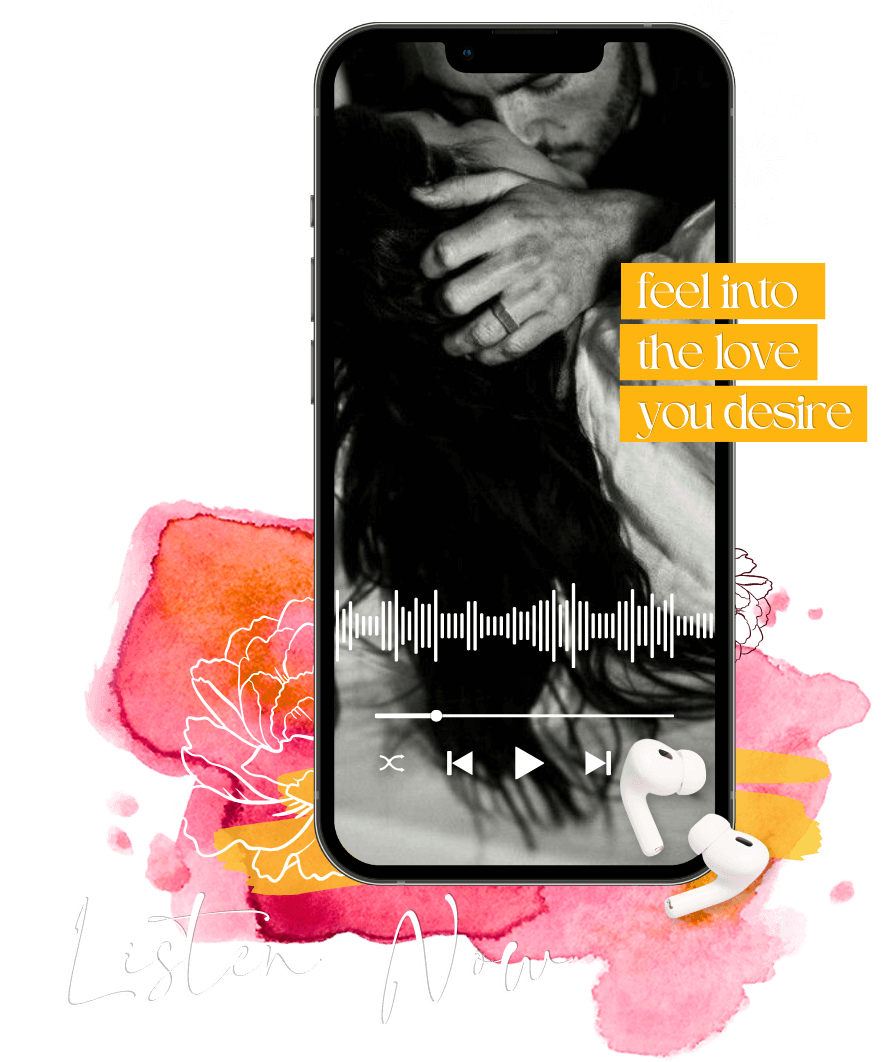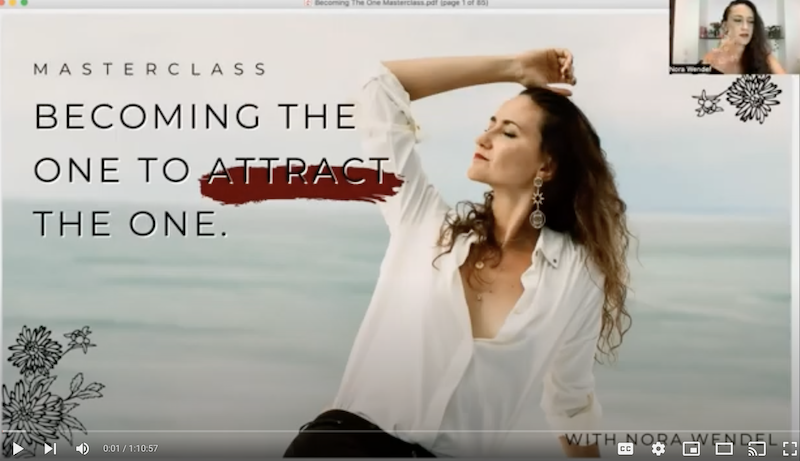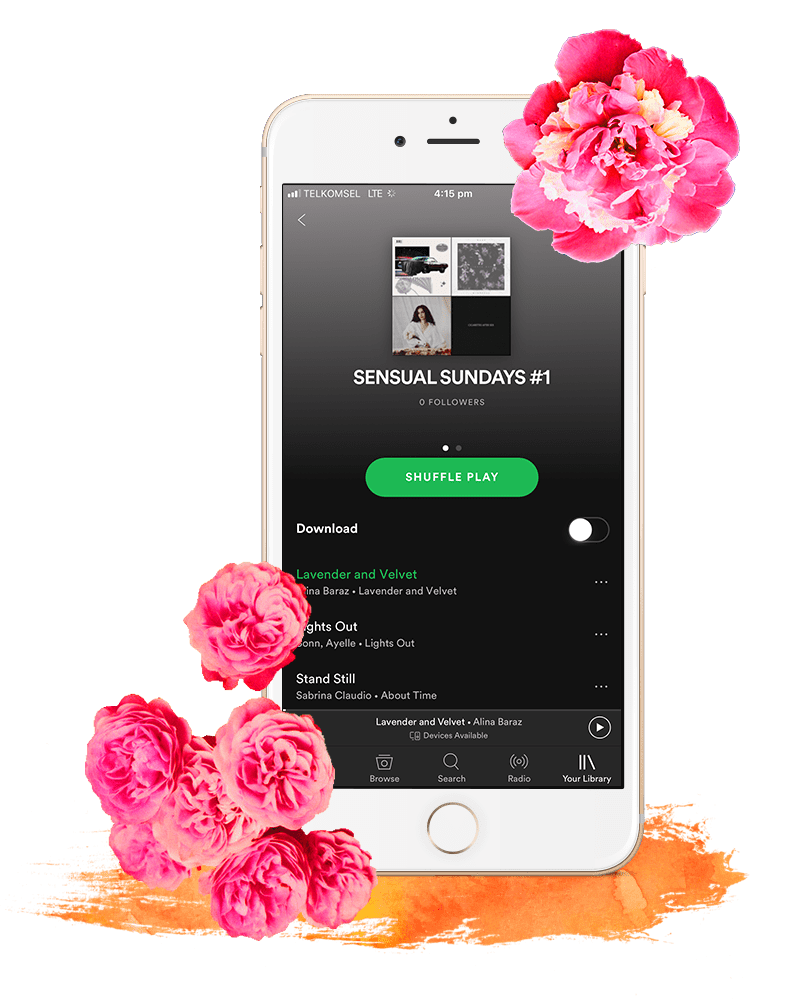You don’t attract your soulmate, you attract your wound-mate.
Are you wondering why you keep attracting the type of same partner maybe just with a different face? You have to understand your wounds and relationships. You see, until you start to integrate your core wounds, you’ll keep finding yourself in familiar emotional loops; the same fight, the same ache, just with a different face.
If you’ve ever wondered “Why do I keep attracting the same partner?” or “Why do I lose myself every time I fall in love?”, this is why.
Your core wounds, those deep emotional imprints from childhood, quietly shape your attachment patterns, emotional triggers in relationships, and how you respond to love, conflict, and connection.
What do Wounds and Relationships have in common?
Core wounds are the emotional bruises you picked up early in life, moments when your needs for love, safety, or belonging weren’t fully met.
They create a belief (“I’m not enough,” “I’ll be abandoned,” “I don’t matter”) and a compensating personality that forms around that belief.
That part of you learns to perform, please, overachieve, or stay quiet, anything to protect against rejection or shame.
But these strategies that once kept you safe now create repeating relationship patterns that feel frustrating and familiar.
Read more about the 9 main core wounds in my blog post here.
The Cycle of Wounding in Relationships
The truth is: being single teaches you theory.
But being in relationship is the practice, the lab where your old wounds come alive again.
That’s why emotional triggers in relationships are inevitable. Your partner’s behavior will unconsciously press against the places that still hurt, not to punish you, but to bring them into the light for integration.
This is the heart of relationship healing and integration: instead of reacting from your wound, you learn to respond from your awareness.
Let’s say your core wound is “I’m not enough.”
When your partner seems distant, your nervous system floods with panic. You start replaying what you said, checking your phone, or trying to “fix” things to regain their affection.
That’s your inner child trying to prove her worth, a reflection of healing attachment wounds that were never tended to.
The compensating personality might be the “over-giver” or the “people-pleaser” who believes:
“If I do enough, I’ll finally feel loved.”
When you start doing inner child work in relationships, you recognize this as a pattern, not proof that you’re unlovable. You pause, soothe your own fear, and remember: your worth doesn’t depend on their attention.
Integration doesn’t mean your triggers disappear. It means you build the capacity to stay present with them.
You meet your younger self with compassion instead of judgment.
You begin to act differently, to choose connection instead of defense, to stay when you’d normally run, or to hold boundaries when you’d usually fold.
That’s how relationship healing and integration begins.
You stop reacting, start responding, and create the emotional safety you’ve been seeking from others, within yourself.
Because Here’s the Truth
You don’t need to wait for the “right person” to heal your wounds.
You can begin this work now, so when the right partner does arrive, you’re ready to love and be loved without losing yourself.
You stop trying to get love from the place that caused the lack.
And that changes everything.
That’s when things start to change in quiet, grounded ways:
- You stop checking your phone every five minutes, waiting for a reply that determines your worth.
- You stop replaying conversations in your head, wondering if you said too much or not enough.
- You stop writing long texts to prove your point, just to feel understood.
- You start noticing how peace feels in your body — and you don’t call it boring anymore.
- You stop performing “easygoing” just to keep the connection.
- You start telling the truth, even if it means losing someone.
- You stop trying to fix people who show you they’re not ready.
- You start creating safety — by staying with your own feelings long enough to soothe them.
- You stop confusing someone’s inconsistency with your inadequacy.
- You start trusting that real love won’t make you question your reality.
Ready to do this work together?
If you saw yourself in these words, this is your invitation to choose something different for yourself.
Because I know how much you want to be loved, not for your performance, but for who you truly are.
Book a free discovery call with me, and let’s explore how your core wounds might be shaping your love patterns and how to start integrating the parts of you that long to feel safe in love.
